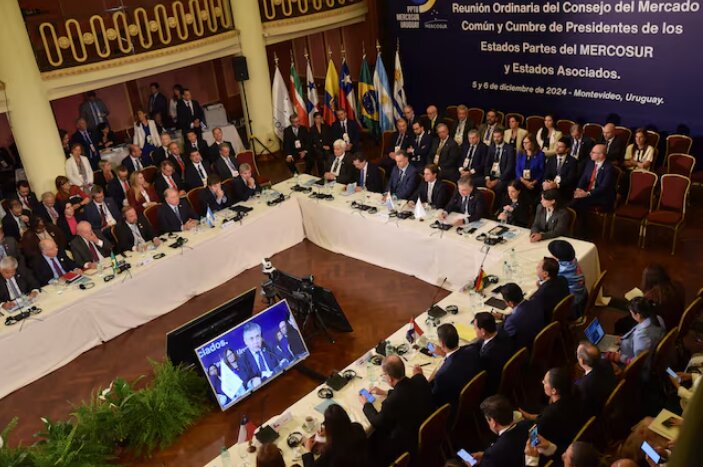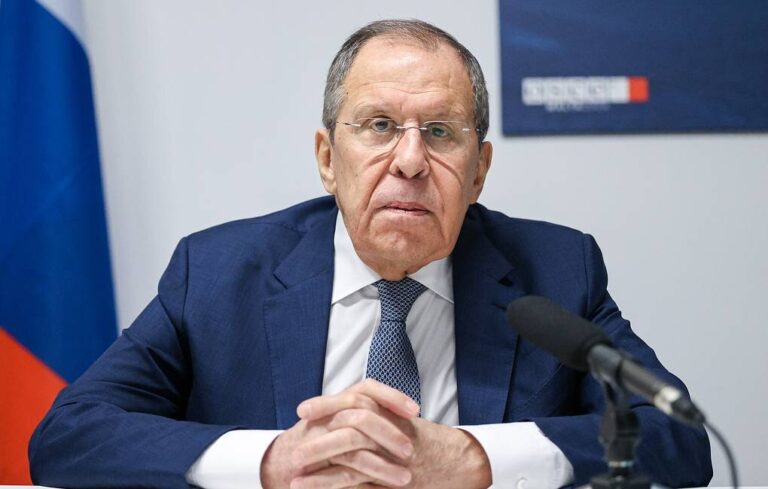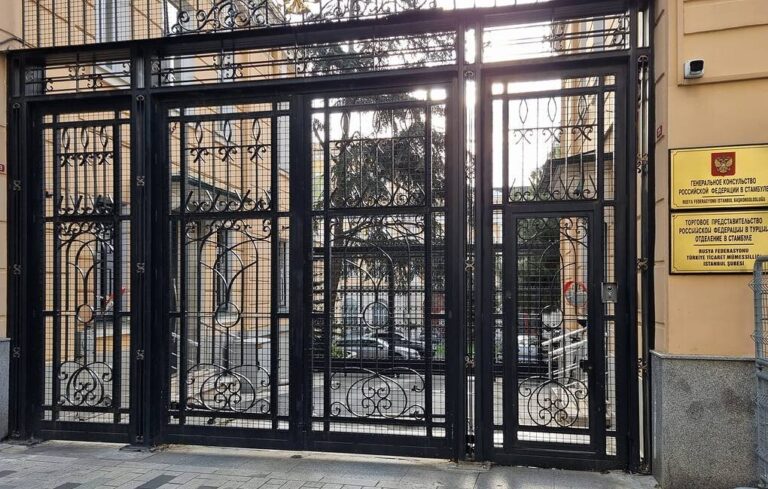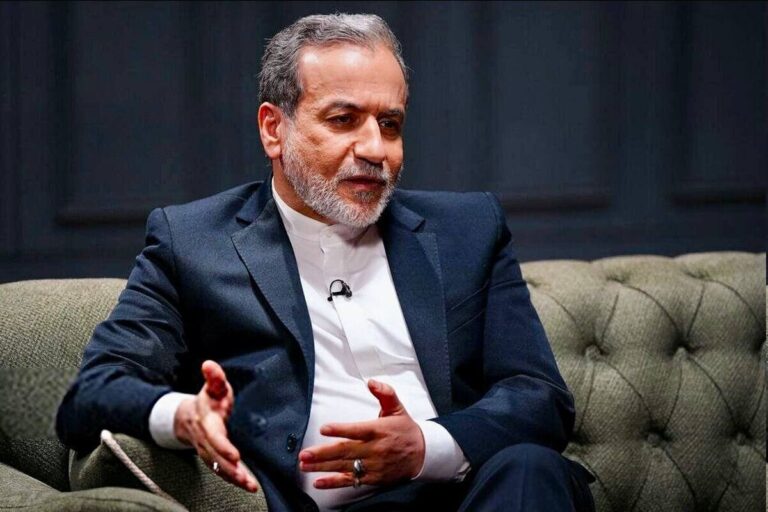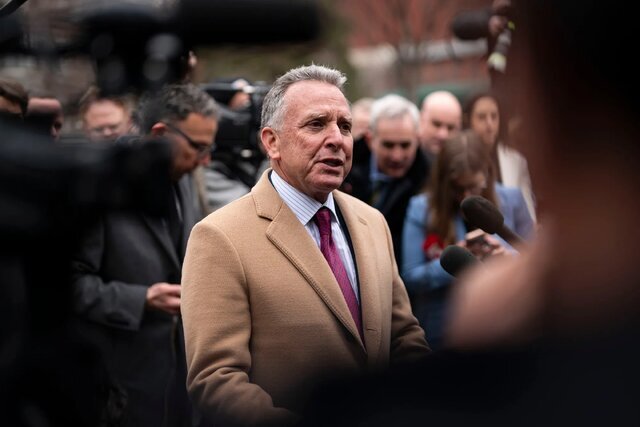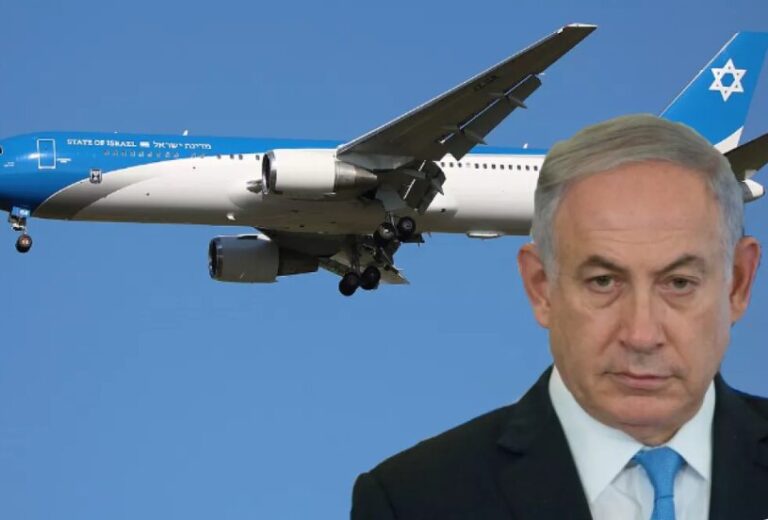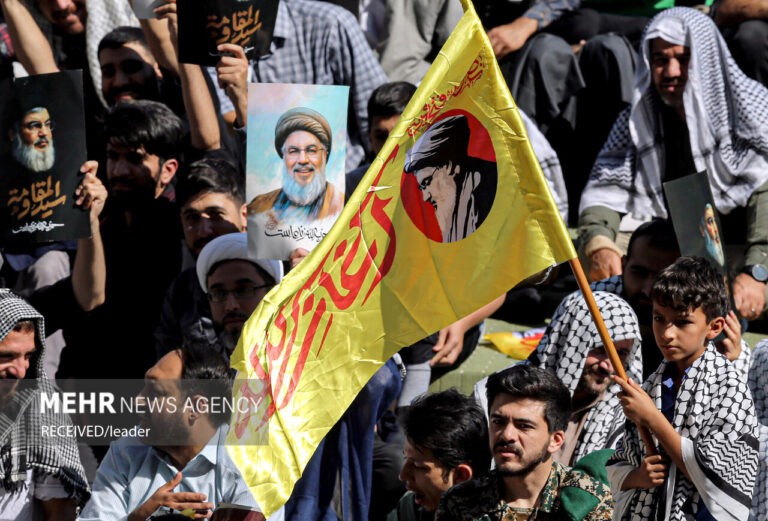Mercosur Boosts Trade with Expanded Tariff Exemptions Amid Ongoing Trade War
In a significant move aimed at enhancing trade flexibility, Mercosur countries have recently agreed to relax their common external tariffs on a selection of 50 products. This decision, taken during a meeting of foreign ministers in Buenos Aires, reflects the bloc’s ongoing efforts to navigate the complexities of international trade dynamics, particularly in light of tariffs imposed by the Trump administration.
This strategic decision underscores the need for Mercosur members—Brazil, Argentina, Paraguay, and Uruguay—to adapt to the “constantly changing” global environment. According to a statement released on Friday by the ministers, their consensus highlights the importance of addressing the challenges posed by current foreign trade policies.
During a dinner meeting on Thursday, Argentina proposed the request to relax tariffs, which was met with a positive response from other member countries. The ministers recognized the necessity for additional exemptions, indicating a collaborative approach to trade negotiations. As a result, individual countries within Mercosur will have the discretion to determine which products will be included in the list of exemptions and what specific tariffs will apply.
Key aspects of this decision include:
- Increased Flexibility: Each member country can choose the 50 products they wish to exempt from common external tariffs.
- Negotiation Power: This move aims to bolster Mercosur’s ability to negotiate trade deals effectively, especially in reaction to external tariffs.
- Collaborative Approach: The decision showcases the unity of Mercosur members in facing external challenges.
The relaxation of tariffs is expected to benefit various sectors within the member countries, potentially leading to enhanced trade relationships both within the bloc and with external partners. The specifics of which products will be added to the exemption list remain to be determined, but the flexibility afforded by this agreement is poised to strengthen Mercosur’s economic standing.
Moreover, this decision comes at a time when global trade relations are under scrutiny, primarily due to the shifting policies of major economies. By taking proactive steps to mitigate the impact of tariffs, Mercosur aims to safeguard its economic interests while fostering a collaborative trade environment among its members.
In conclusion, the recent agreement by Mercosur to relax common external tariffs on 50 products signifies a pivotal moment for the bloc. As they move forward, member countries will need to work closely to identify the products that will best serve their economic goals and respond effectively to the challenges presented by the global trade landscape. The outcome of this initiative could potentially reshape trade dynamics not only within Mercosur but also in its interactions with international trade partners.
